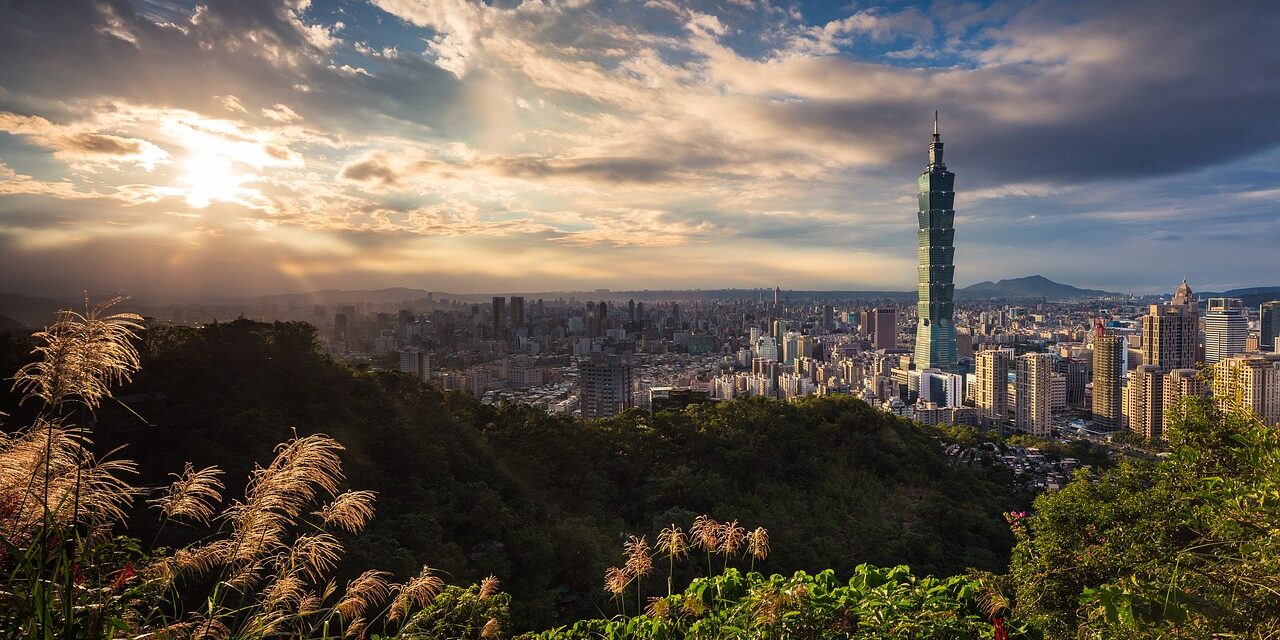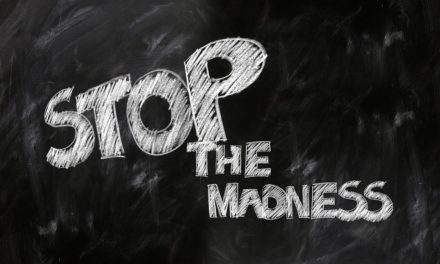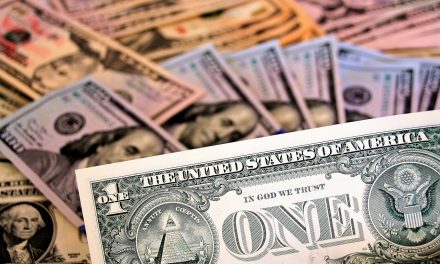Image of Taipei, Taiwan by Pexels from Pixabay
With a population of nearly 24 million people and a mountainous terrain, Taiwan is a beautiful oval-shaped island in the Pacific Ocean some 100 miles from southeastern China. It extends south from Japan through the Philippines to Indonesia.
It’s about 245 miles long and 90 miles wide at its widest point. It’s part of a string of 22 islands.
Most of its best harbors are on its western coastline. Also on the western part of the island are most of its population and rich farmlands thanks to Taiwan’s volcanic origin.
Its economic, educational, cultural, political and capital city is Taipei.
Taiwan’s population is comprised of four groups of people: Aboriginal peoples, two Taiwanese groups, and Chinese who migrated from China starting in the mid-1940s. All told, 16 aboriginal groups or tribes are recognized by the government.
Taiwan’s history
Taiwan prospered as a major center of trade several hundred years ago under the Dutch rule in the 1600s and under Chinese rule in the late 1800s. Then, it again prospered as a Japanese colony from 1895 until World War II.
After the Chinese communists defeated forces led by Chiang Kai-shek in 1949, many Chinese fled to Taiwan.
Taiwan enjoyed tremendous economic growth starting in the mid-1960s as a result of successful textile factories and light manufacturing of athletic equipment, footwear and small appliances. It also succeeded in steel and ship-building industries.
Some of its companies transformed into manufacturers of electronics – radios, TVs and computers. In fact, it became one of the world’s-largest manufacturers of computers and computer peripherals in the mid-1980s.
Mirroring Japan and South Korea, Taiwan has succeeded economically from the establishment of small to medium-sized businesses vs. an economy comprised of large-sized companies.
Treatment by foreigners
Called the Republic of China, Taiwan is not internationally recognized as a separate country. Parts of the islands are claimed by China, Vietnam, Malaysia and the Philippines.
China treats Taiwan as its territory, but that isn’t clear to be historically and morally correct.
So, Taiwan has a history of being treated like a punching bag by foreigners.
Until the first Trump Presidency, the U.S. had treated Taiwan disingenuously if not ambiguously.
Our Taiwan Relations Act in 1979 is a case-in-point. The act doesn’t mandate we come to Taiwan’s aid if attacked by China, but it indicates we might defend Taiwan.
China, a threat to world order
After the 2016 election, President Trump appointed many pro-Taiwanese bureaucrats, and persuaded Congress to sell Taiwan $12 billion in military equipment which included fighter jets.
Meantime, critics of Mr. Trump said he was siding with Taiwan only to proverbially poke China in the eye. Maybe so, but in the big picture scheme of things, President Trump’s vision was right.
China is a threat to the U.S. and the rest of the world. Why?
China is an authoritarian government striving to overtaking America militarily and with predatory business and lending practices including the systemic theft of intellectual property and continuous acts of cybercrime.
With striking similarities in China’s approach to Taiwan, Hong Kong is considered an administrative region of China. There’ve been widespread reports of China abusing Hong Kong.
Now, many Americans feel badly for Taiwan in likely facing the tyranny of China.
Some considerations
Some thoughts to ponder:
- Taiwan deserves its freedom and protection.
- China is a dangerous bully, and it dominates in reserves of rare-earth elements which are essential parts of high-tech devices. China wants a piece of Afghanistan’s estimated $3-trillion in mineral reserves following the Taliban takeover. President Trump has it right on trade and related issues. The Communist Chinese Party is a danger to many types of our freedoms.
- Our 13 colonies oppressed by the British were helped largely by the French. We have an obligation to pay it forward because of the principle: “What goes around comes around.” Indeed, America has a tragic history of trying to help other nations such as in Korea and Vietnam and Afghanistan (though in Afghanistan admittedly it was motivated to stop terrorism after 9/11).
- However, with the national debt clock rapidly approaching $37 trillion, America has fiscal limitations.
Conclusion
The bottom-line: Taiwan deserves America’s help, but charity begins at home. We need to build America economically.
Our national debt approaching $37 trillion. History shows America again has a president who is an economic patriot who is best qualified to repel China’s evil aggression.
From the Coach’s Corner, see more public-policy articles here.
“Guard with jealous attention the public liberty. Suspect everyone who approaches that jewel. Unfortunately, nothing will preserve it but downright force. Whenever you give up that force, you are inevitably ruined.”
-Patrick Henry
__________
Author Terry Corbell has written innumerable online business-enhancement articles, and is a business-performance consultant and profit professional. Click here to see his management services. For a complimentary chat about your business situation or to schedule him as a speaker, consultant or author, please contact Terry.






